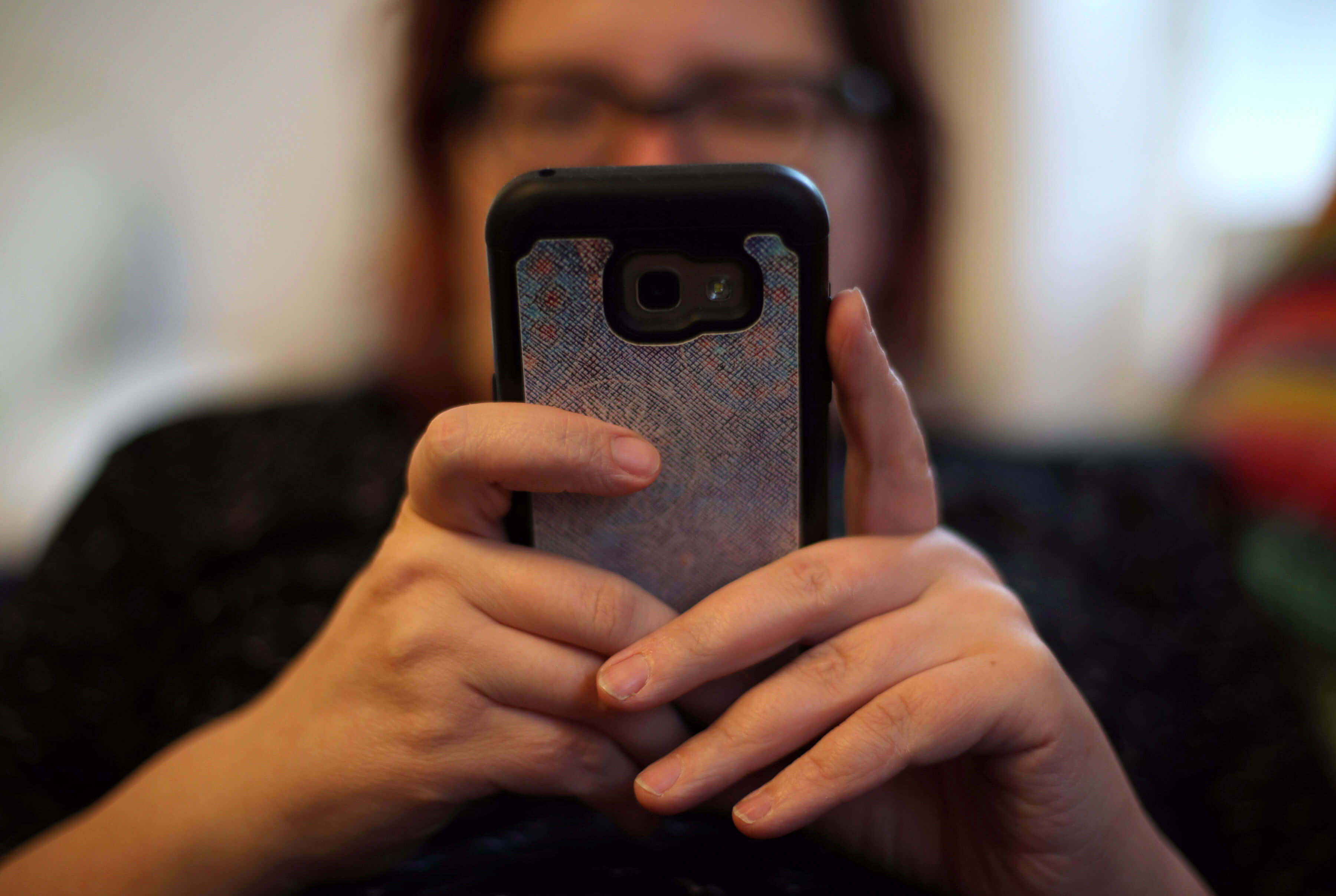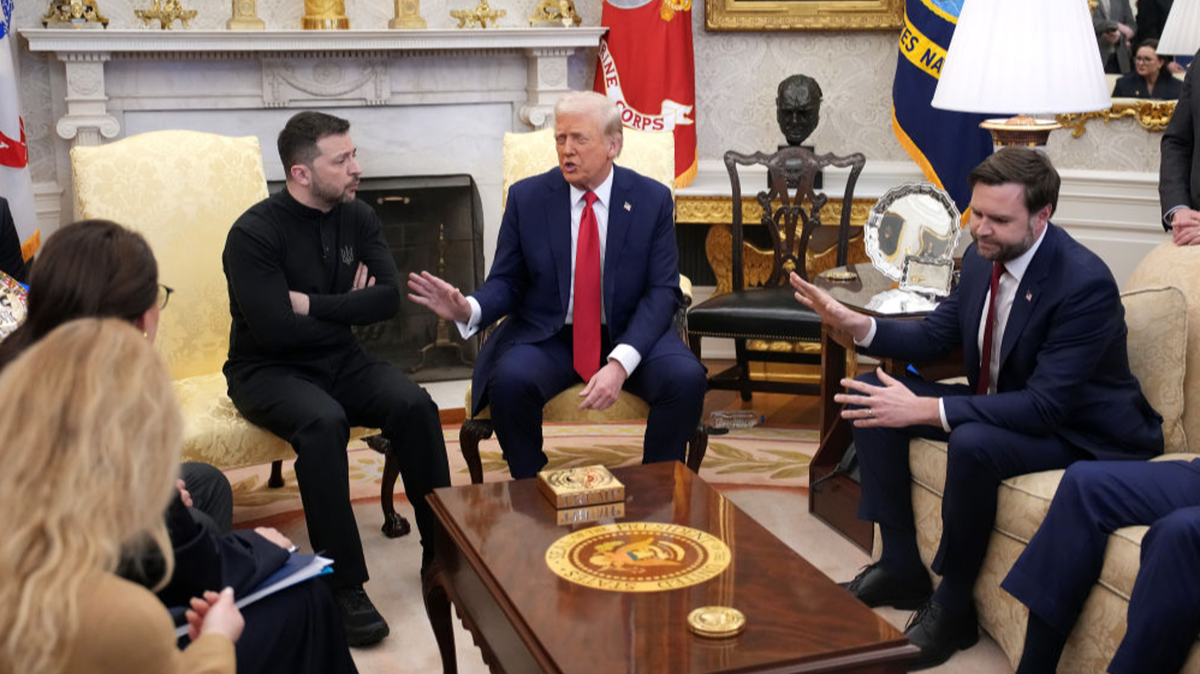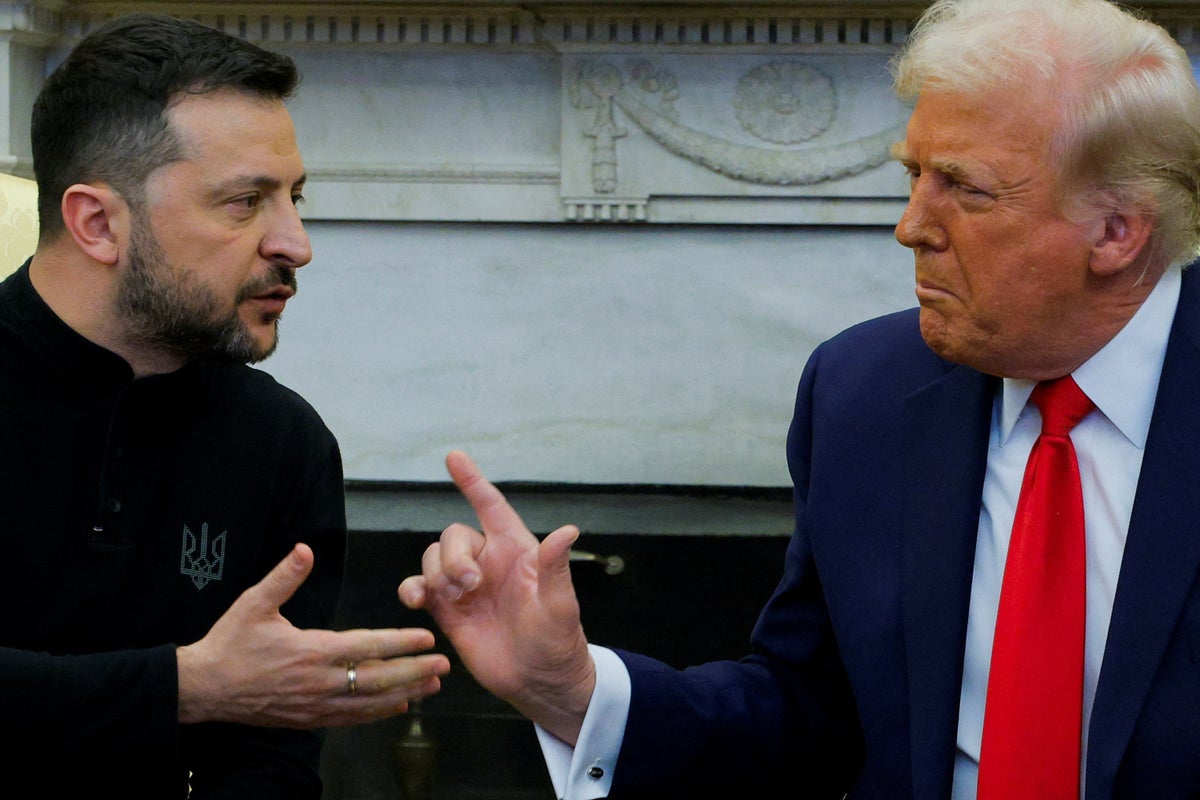Online prediction betting markets look ahead after US presidential election triumph: ‘We’re just getting started’

Betting markets had a great election. With billions of dollars wagered on who would take the White House, their projections proved closer to the actual result than many opinion polls. Now the operators behind them want the US to wager on almost everything else.
Forget Trump or Harris. Is Billie Eilish going to win album of the year at the Grammys? How many federal government employees are about to lose their jobs? Will mpox be declared a pandemic this year?
All these markets, and hundreds more, were available this week on Kalshi – the platform which, just five weeks before polling day, won approval in a federal appeals court to legally host election betting in the US for the first time.
The result was “astronomical”, according to its CEO, Tarek Mansour, with more than $1bn worth of trades in a single month. But by the next presidential election, in November 2028, he wants hundreds of billions of dollars worth of trades in a single month.
“We’re just getting started,” Mansour said. Kalshi is adding “close to 100” new markets to its platform every day and plans to launch combination-based markets, allowing users to bet on a bundle of different outcomes, and conditional markets (for example, “if Trump wins, where will GDP be?”) within weeks. “I think that just accelerates from here.”
Kalshi and other leading prediction betting markets, such as Polymarket, are racing to capitalize on the surge in interest they received as the election campaign drew to a close. Such apps welcomed millions of new users as they rapidly climbed the app stores, and were called out by Trump and his allies as they put him clearly on course for victory.
The gap between betting markets, which consistently indicated Trump was ahead, and the closely tied opinion polls, news reports and punditry outlining a tight contest, prompted questions during the campaign over the reliability of forecasts produced by wagering platforms.
Trump’s election led key figures in the sector to embark upon a victory lap. Polymarket “called the election before anything else”, its CEO, Shayne Coplan, wrote on X, formerly Twitter, as the dust settled on last week’s result. “The global truth machine is here,” he proclaimed, “powered by the people.”
Mansour struck a less triumphant tone. “I think people overshoot in both directions, frankly … People don’t like nuance,” he said. While Trump’s victory does not mean the election betting markets are a “crystal ball”, in his view a Trump defeat would not have meant they did not work, either.
The accuracy of election betting forecasts nevertheless provided critics of media punditry and pollsters with fresh ammunition. After all, betting markets – bar a wobble in the last days of the campaign – had for weeks pointed to a Trump win.
Last week, the CNBC cable news anchor Joe Kernen lamented the experience of watching cable news as the results trickled in. At the very moment one network was scrutinizing possible outcomes in Georgia, where votes were still being counted, the betting market platform Polymarket put Trump’s chances at 89% in the state.
“I was screaming at the TV, ‘It’s over,’” said Kernen during a live interview with Coplan, who hailed “an inflection point” in news and politics. Polymarket indicated the election was a “done deal”, Coplan added, while newsrooms were still relying on the old-school method of waiting for votes to actually be counted up before announcing a winner.
The betting markets were followed closely at Mar-a-Lago, according to Coplan, who claims to have taken calls from people at Trump’s Florida resort who celebrated as the projections swung towards the former, and now incoming, president.
“I don’t think the question is settled in the sense of, like, you should trust these markets blindly,” Mansour said. But they have worked “beautifully”, he suggested, while pollsters and pundits came up short – driving millions of people curious to see what might happen next with betting platforms. “I don’t see these people going back to the pundits.”
Bets in these markets are bids on political futures contracts. Buying a contract – like the prospect of Trump regaining the presidency, or Eilish winning a Grammy – drives the price of that contract, or the perceived probability of it happening, higher.
If US regulators had their way, election betting markets in the US would not exist. The Commodity Futures Trading Commission fined Polymarket $1.4m in 2022 and ordered it to exclude US users as part of a settlement, and Kalshi only set up its presidential election market after successfully suing the agency.
after newsletter promotion
In the early hours of Wednesday morning, the FBI raided Coplan’s Manhattan home. Federal agents seized the Polymarket CEO’s phone, in a move he sought to paint as a “last-ditch effort” by officials in the Biden administration to pursue “companies they deem to be associated” with its political opponents.
Bloomberg reported that the US Department of Justice is investigating Polymarket for allegedly accepting trades from US users. The FBI declined to comment.
Trump is widely expected to bring a whole new approach, with operators expecting the appointment of senior officials who are “much more open” to prediction betting markets. “I think this changes everything,” said Mansour, who spoke to the Guardian before the raid on Coplan’s home.
Proponents of prediction betting markets argue that real-life events – the Federal Reserve shifting interest rates, say, or another hurricane hitting Florida – shift the prices of stocks and commodities anyway. Mansour, a former Goldman Sachs analyst, co-founded Kalshi in 2018 in the belief that people should be able to trade on the events themselves.
Only “terrorism, assassination and violence” is off limits for Kalshi. What about Ukraine? While the conflict falls into the platform’s banned category, Russia’s invasion and the ensuing war have certainly moved stocks and commodities since February 2022. “We’ll see over time,” said Mansour.
When it comes to election betting, the market is getting more crowded. The retail trading app Robinhood got involved in the final days of the presidential campaign, while the boss of the gambling giant DraftKings said it was “definitely something we’re looking at” expanding into.
America is in the midst of a gambling boom. Sports betting is now legal in 38 states. Lobbyists are pushing hard to legalize online casino platforms beyond the current half-dozen states. And now betting has played an unexpectedly prominent role in the presidential election.
But when asked about Kalshi’s role in this boom, and concerns about the impact, Mansour trips over the word “gambling”. It has “weird connotations”, he said. “You’re trading, or you’re speculating, on something that has no societal value. If you and I throw a dice, it’s artificial risk that we’re creating … Whereas if you and I are betting on Brexit, it’s not an artificial risk – it exists.”
Often when you gamble, “there’s a house, the house sets the odds, the house does all sorts of bad things to make sure they’re always winning against customers”, Mansour argued. By contrast, when users place a bet on Kalshi, or another prediction betting market, they are “trading against other people” who take the opposing view.
There’s “a very important distinction” between gambling and betting, according to Mansour, who did not directly address the question of whether it is one drawn by users of his service, or others, as sports betting, casino and retail trading apps continue to gain ground. “There is no single financial market right now that doesn’t have speculation.”
Related
Sports Betting Giant Flutter Forecasts Strong U.S. Growth To Drive…
Flutter CEO Peter Jackson.Courtesy of Flutter Entertainment Flutter Entertainment, the world’s largest online gambling company, said that it’s expecting str
BetBlocker Enters US Responsible Gambling Market
The charity, originally from the UK, launched a US unit, BetBlocker US, as part of its North American entry. The organiz
Viewers react to ’embarrassing’ JD Vance comment toward Zelenskyy as…
Social media users watching clips of the heated meeting between President Donald Trump, Vice President JD Vance and President Volodymyr Zelenskyy have called a
Ukraine latest: Zelensky urges Trump to stand ‘more firmly on…
We have Zelensky's statement in full Below, we have Ukrainian president Volodymyr Zelensky’s statement in full after touching down in the UK following a fiery













